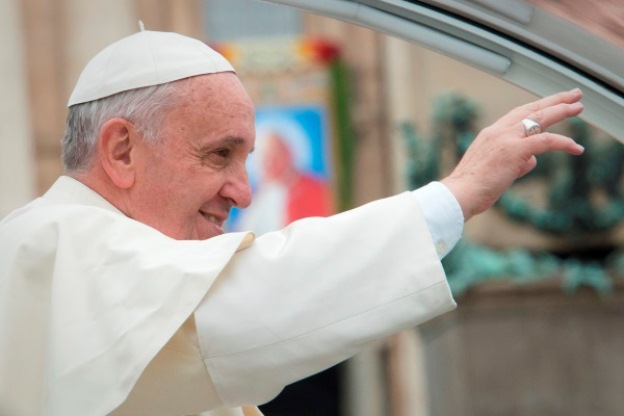U.S. and Cuba reopen embassies
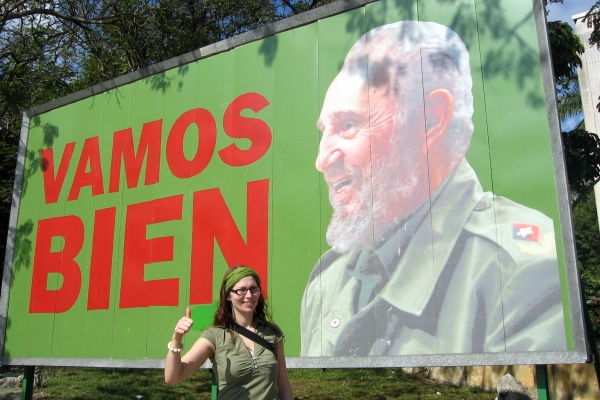
On July 20, Cuba reopened its embassy in Washington, D.C., in a concrete sign of how the former Cold War foes have made significant strides toward restoring bilateral relations and rebuilding trust. A month later, the U.S. reopened its embassy in Havana. (Photo: Saimi Keinänen/Flickr)
Pope Francis visits Ecuador, Bolivia and Paraguay
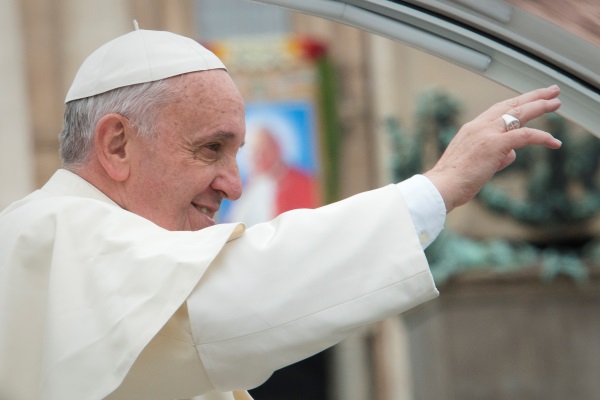
In early July, Pope Francis visited a notorious Bolivian prison, spent time in an impoverished Paraguayan slum and addressed environmental degradation in Ecuador during a week-long tour. It was his second visit to South America, following a trip to Brazil in 2013. (Photo: Jeffrey Bruno/Aleteia/Flickr)
Brazil’s Rousseff faces impeachment
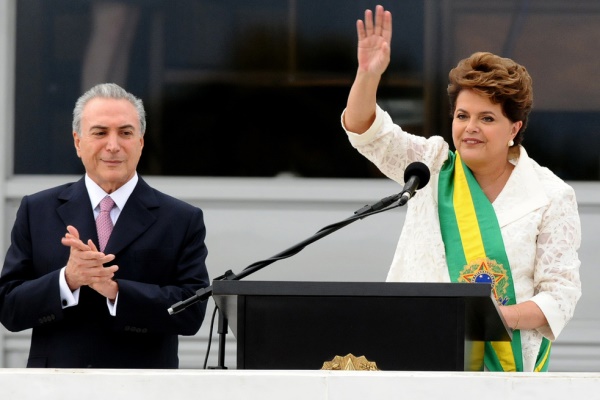
On December 2, Brazil’s Congress opened impeachment proceedings against President Dilma Rousseff on accusations of violating fiscal laws and manipulating government finances, raising the nation’s political and economic crisis to new heights. While the president initially appeared to have enough political support to block the action, analysts were watching the streets for signs of public unrest that could force the situation to a head. (Photo: Geraldo Magela/Agência Senado/Flickr)
Argentine special prosecutor found dead
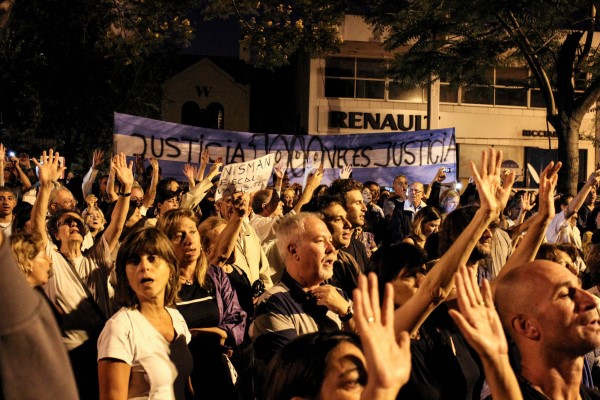
On January 18, Argentine prosecutor Alberto Nisman was found shot dead in his apartment, a day before he was expected to testify before Congress that President Cristina Fernández de Kirchner had conspired with other officials to cover up Iran’s alleged involvement in a 1994 attack on a Jewish center. The still-unresolved death fueled public distrust in an election year that would see the president’s party ousted from power. (Photo: jmalievi/Flickr)
Venezuela rejects Chavismo
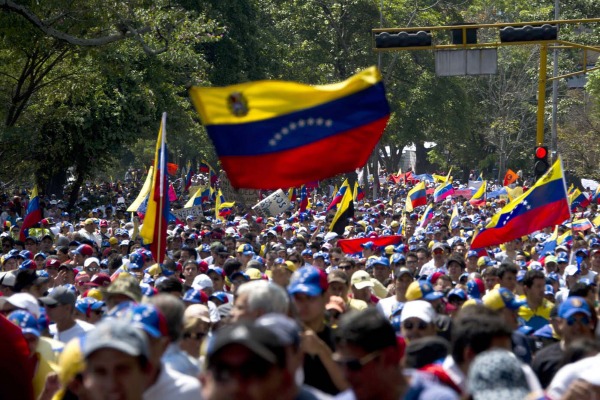
In parliamentary elections held December 6, Venezuela’s political opposition seized control of the National Assembly from the socialist-inspired government of President Nicolás Maduro, the successor to Hugo Chávez. The rare victory raised hopes for the freeing of jailed political activists. (Photo: Luis Robayo/Flickr)
Mexico opens its oil industry
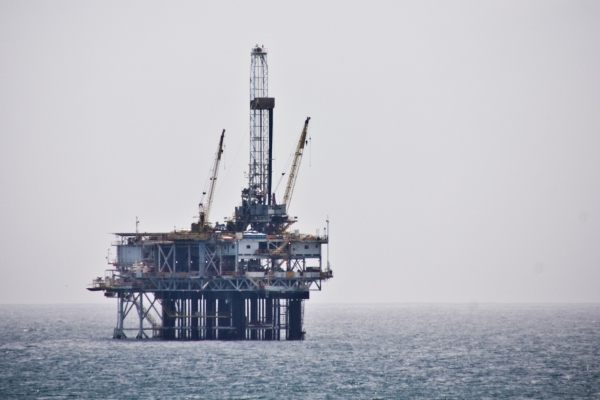
For the first time in 77 years, Mexico welcomed international oil companies in a series of auctions in July, September and December for offshore and onshore oil and gas production contracts. Private Mexican firms also took advantage of President Enrique Peña Nieto’s historic energy reform package aimed at bolstering investment and spurring growth. (Photo: Selbe Lynn/Flickr)
Haiti’s election mired in fraud claims
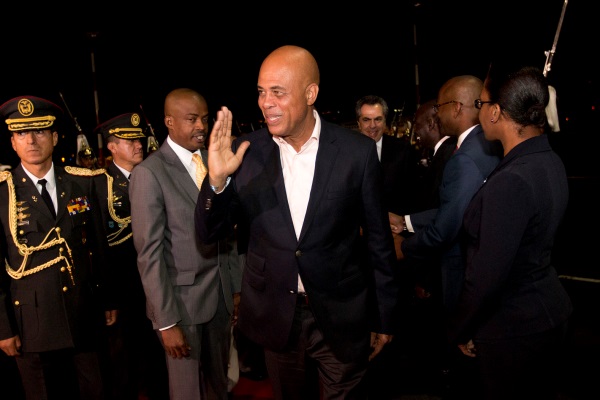
On October 25, Haiti held an election for a new parliament and president. While the vote initially appeared to go smoothly, it was soon marred by reports of ballot tampering and illegal voting. One of the two presidential candidates who advanced to a December 27 run-off called the results a “farce” and refused to campaign, raising the risk that the hand-picked successor to President Michel Martelly could be elected under contested circumstances. (Photo: David G Silvers/Cancillería del Ecuador/Flickr)
Colombia nears peace with the FARC
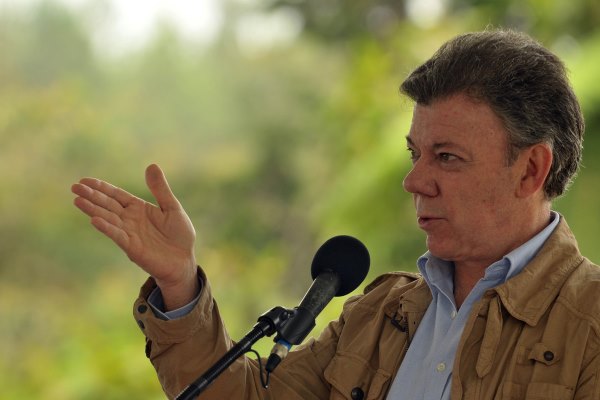
A year after peace talks between the Colombian government and FARC rebels appeared at risk of collapse, negotiations to end Latin America’s longest war neared a final peace deal. The two sides in September agreed to establish special courts to try former combatants, and in December reached a deal on reparations for war victims. (Photo: Ministerio TIC Colombia/Flickr)
Guatemala ousts president in corruption crackdown
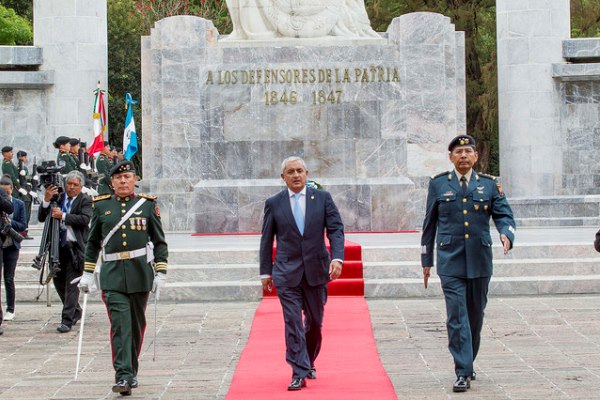
On September 3, Otto Pérez Molina resigned as president of Guatemala and was jailed after his attorney general and a UN-backed anti-corruption body accused him of leading a customs racket. The resulting political crisis upturned the following month’s election and paved the way for a former TV comedian named Jimmy Morales to seize the presidency on the back of an anti-corruption social movement. (Photo: Presidencia de la República Mexicana/Flickr)
Marijuana laws loosen
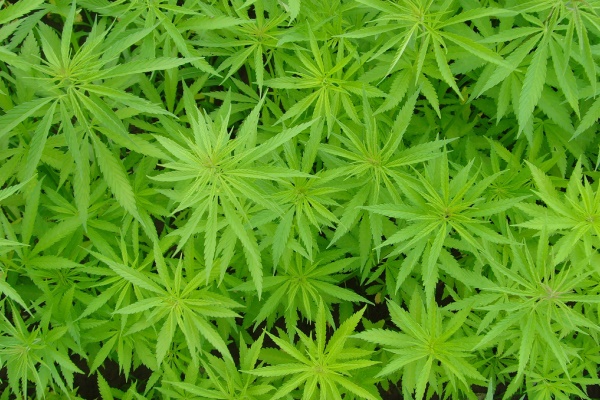
Over the course of several weeks in late 2015, Mexico, Colombia and Chile all took steps toward legalizing marijuana. On November 4, Mexico’s Supreme Court issued a landmark ruling authorizing plaintiffs to grow and smoke marijuana for personal use, setting off a national debate on the issue. A week later, Colombia’s president said his government would legalize medical marijuana. And in Chile, the president on December 4 signed a decree that removed marijuana from the country’s list of hard drugs and authorized it for medicinal uses. (Photo: Alexodus/Flickr)
Argentina elects pro-business president
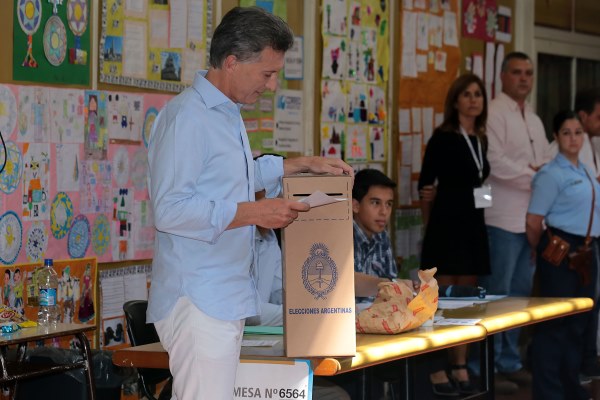
On November 22, Argentines elected pro-business opposition presidential candidate Mauricio Macri, ending 12 years of leftist populist policy under President Cristina Fernández de Kirchner and her late husband. Among many promised economic reforms, Macri vowed to settle a decade-long feud with creditors from the nation’s 2001 default. (Photo: Monica Martinez/G.C.B.A./Flickr)
Chile launches rewrite of constitution
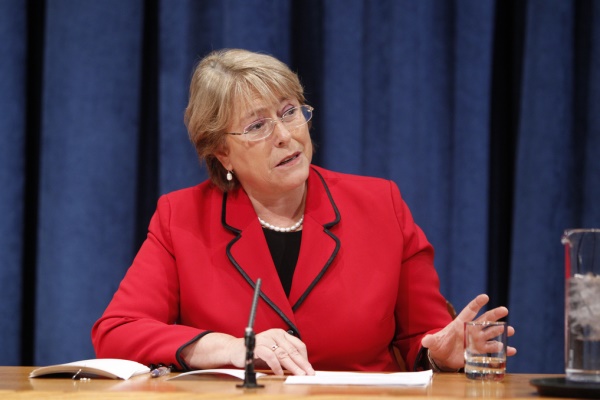
On October 13, Chilean President Michelle Bachelet launched a rewrite of the nation’s 1980 constitution from the military dictatorship era. While many were initially skeptical whether Bachelet had adequate political support for the undertaking, on December 6 she pushed forward in kicking off a first phase public education campaign ahead of what will eventually be a nationwide referendum to approve the new constitution. (Photo: WN Women/Ryan Brown/Flickr)
Uruguayan literary giant dies
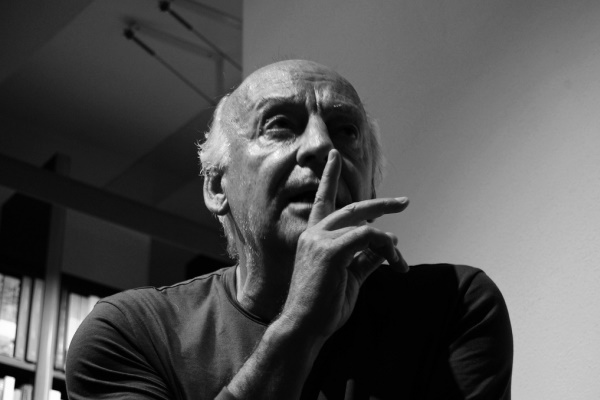
On April 13, Uruguayan journalist, novelist and essayist Eduardo Galeano died at age 74, leaving behind a legacy as a “literary giant of the Latin American left.” His international reputation was revived in 2009 when his most famous book, “The Open Veins of Latin America,” was gifted to U.S. President Barack Obama by former Venezuelan President Hugo Chávez. (Photo: Mariela De Marchi Moyano/Flickr)
Brazil jails top executives
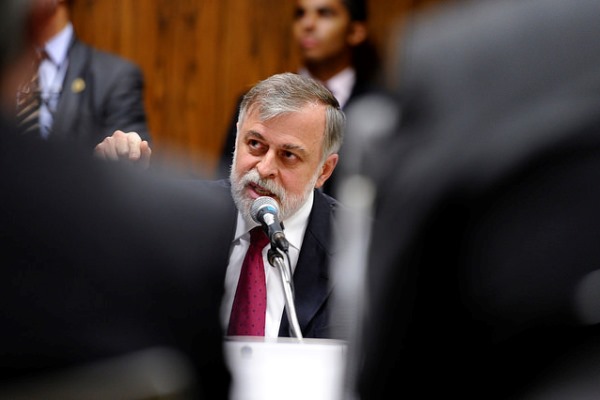
On June 19, Brazilian police arrested the heads of two of the nation’s most powerful construction companies for alleged participation in a massive bribery scheme at state-run oil company Petrobras, a powerful signal of investigators’ resolve to break Brazil’s culture of impunity. As dozens of other top executives and politicians were arrested throughout the year, including the chief of Brazil’s largest hedge fund in November, the case seemed to morph from a question of “Who was involved?” to “Who wasn’t involved?” (Photo: Jefferson Rudy/Agência Senado/Flickr)
Dominican Republic deports Haitians
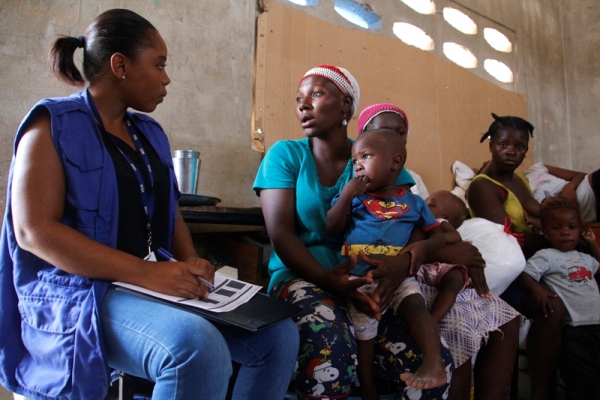
In August, the Dominican Republic began deporting Haitians as part of a strict documentation program that in previous weeks had spurred some 19,000 people to flee. Since then, in what rights groups have called a slow-growing border migration crisis, more than 1,500 additional Haitians have been forcefully deported, even though many say they were born in the Dominican Republic but lack documents to prove residency or citizenship. (Photo: Ilaria Lanzon/IOM/Flickr)
Mexican drug lord stages prison break
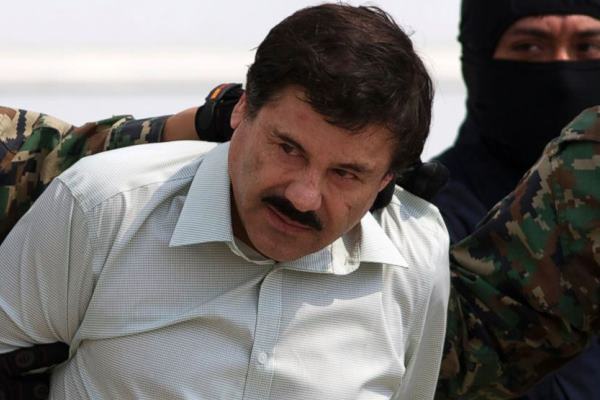
On July 11, Mexico’s most notorious drug lord, Joaquín Guzmán Loera, also known as El Chapo, staged a stunning escape from a maximum-security prison through a secret mile-long tunnel. The prison break dealt an embarrassing blow to President Enrique Peña Nieto’s credibility and strained relations with the U.S., which had sought the drug kingpin’s extradition weeks earlier. (Photo: Day Donaldson/Flickr)


